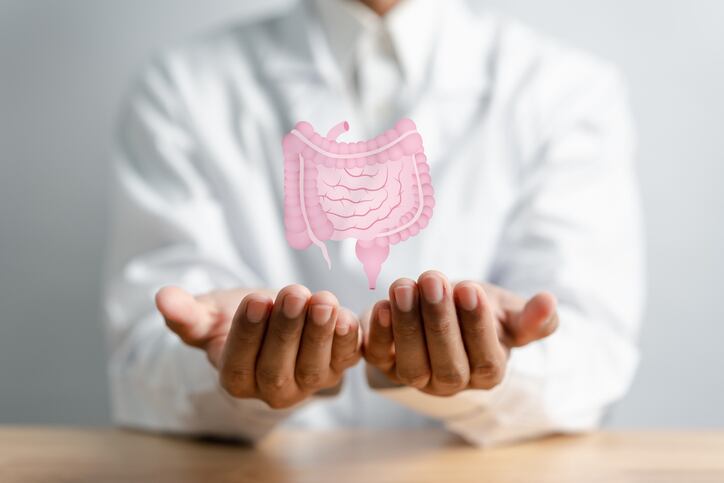The study, funded by Morinaga Milk Industry, also showed that B. breve M-16V may improve mood and sleep in participants with high anxiety levels.
The researchers from Morinaga Milk Industry, The University of Tokyo, and Mishuku Hospital in Tokyo conducted the pilot study to investigate whether B. breve M-16 V improves mood in humans, which was also a study the first of its kind.
The randomised, double-blind, placebo-controlled, parallel-group clinical trial took place from September to December 2021.
Thirty participants were given either B. breve M-16 V with a dosage of 20 billion cells per day or placebo for six weeks, and their mood state was assessed before and after ingestion.
They were told to complete a questionnaire before and after the start of the intervention and also brain activity measuring tests using near-infrared spectroscopy (NIRS) evaluation. Their gut microbiota and metabolites were also measured to detect any changes coming from the intervention.
Findings published in Behavioural Brain Research showed that the intake of B. breve M-16 V had decreased heart rate under stress.
Compared to the placebo group, the intervention group showed a significant decrease in the heart rate under stress. For example, during week six of the study, heart rate under stress was near to 70 for the intervention group was and above 90 for the placebo group.
The researchers also noticed a tendency toward a decreased heart rate at rest for the intervention group, although this was not statistically significant.
In addition, B. breve M-16 V supplementation has shown to improve mood and sleep scores in participants with high anxiety levels.
In the subgroup analysis of participants with high state or trait anxiety, B. breve supplementation led to a significant reduction in laterality index at rest (LIR) scores – which is used to reflect the level of anxiety at rest, as compared to the placebo.
For instance, by the end of the study, LIR score was nearly zero for the intervention group and above 0.20 for the placebo group.
In the high-trait anxiety subgroup, B. breve supplementation also led to a significant decrease in the Athens Insomnia Scale (AIS) score, suggesting that sleep quality may have been improved.
“Overall, in the present study, we found that individuals who are more anxious tend to have worse mood and sleep quality than individuals who are less anxious.
“Since people who are more anxious have worse mood and increased sleep disturbances, the marked effect of B. breve M-16 V on improving mood and sleep quality suggests potential applications,” said the researchers.
No marked difference in stool frequency and microbiota
There was no marked or significant difference in stool frequency and gut microbiota diversity between the intervention and placebo groups.
There was a trend toward increased stool frequency in the intervention group, but the observation was not statistically significant, except in the subgroup of participants who were constipation prone.
“We examined the correlation between the change in defecation frequency and the change in the heart rate. Although no statistically significant difference was found, a negative correlation trend was observed,” said the researchers.
Also, there was no significant differences between the two groups in terms of their gut microbiota.
GABA-like substance
However, when examining the metabolites or by-products of the gut microbiota, the researchers noticed an increase in pipecolic acid, a GABA-like substance, among the intervention group.
Out of all the metabolites studied, including bile acids, short-chain fatty acids, polyamines, vitamins, and amino acid related substances, there was a high production of pipecolic acid in the intervention group.
“This suggests that pipecolic acid contributed the most to the difference in the metabolites between the two groups. Comparing the peak area ratios of pipecolic acid, levels increased significantly after the intervention (at 6 weeks) in the B. breve group compared with those in the placebo group,” said the researchers.
They added that pipecolic acid is thought to be involved in the GABA system and could cross the blood brain barrier.
It is also produced mainly by intestinal bacteria and not derived from dietary sources.
“GABA is widely known to suppress the sympathetic nervous system. It is possible that the increase in pipecolic acid levels caused by B. breve M-16 V suppressed the sympathetic nervous system, which was overactivated by psychological stress, and thereby helped to balance the autonomic nervous system,” they explained.
Source: Behavioural Brain Research
Bifidobacterium breve M-16V regulates the autonomic nervous system via the intestinal environment: A double-blind, placebo-controlled study
https://doi.org/10.1016/j.bbr.2023.114820
Authors: Natsumi Mutoh et al


